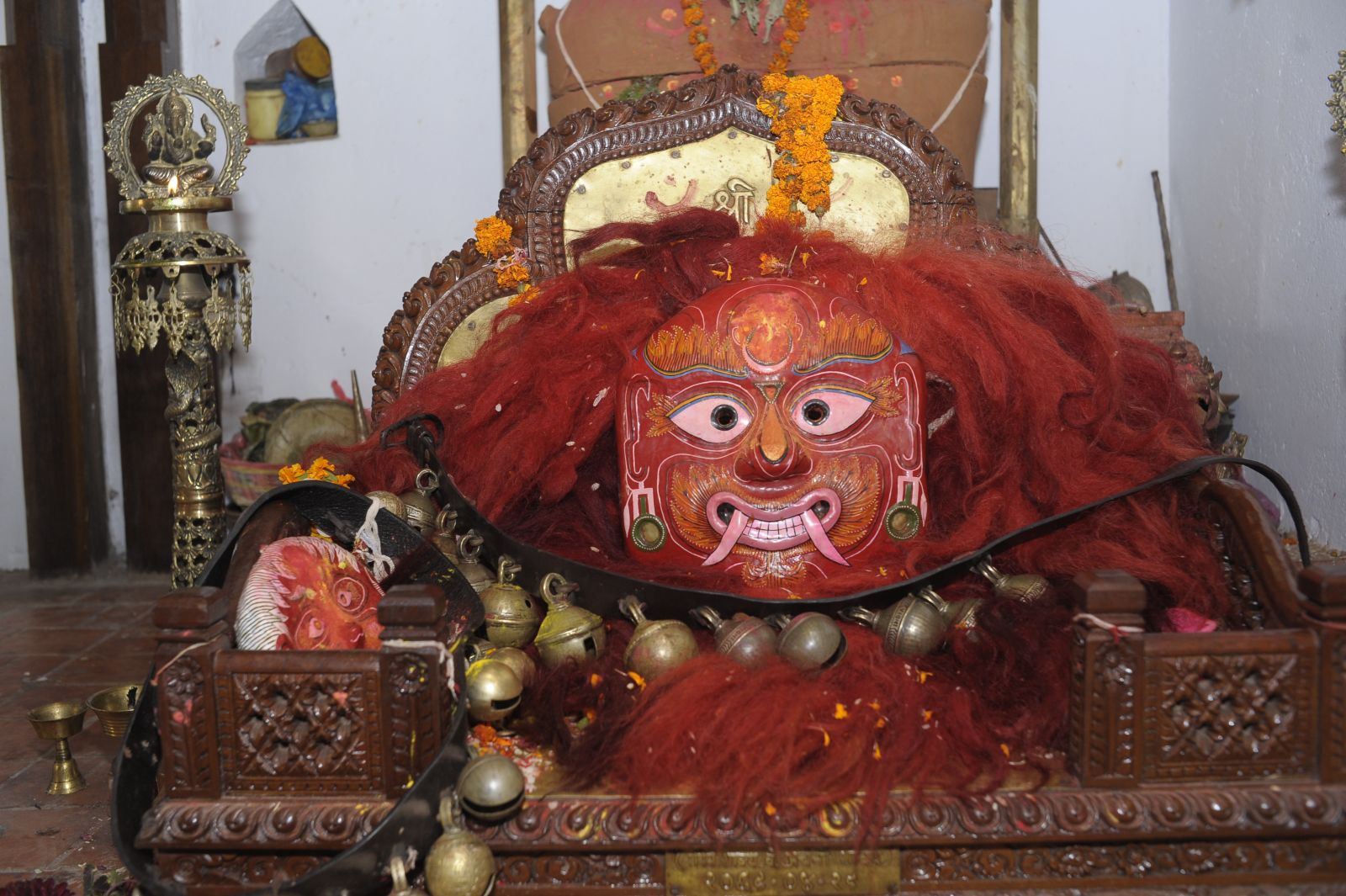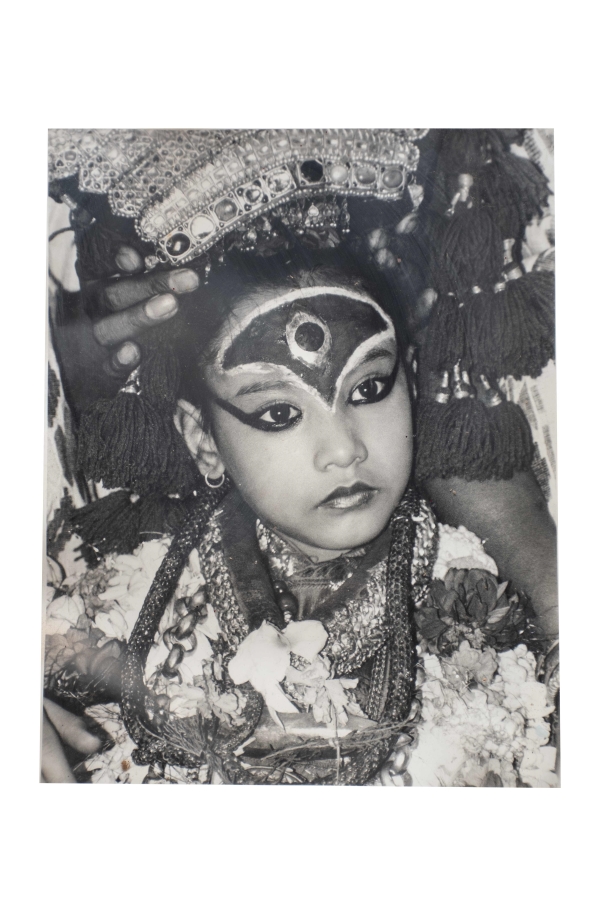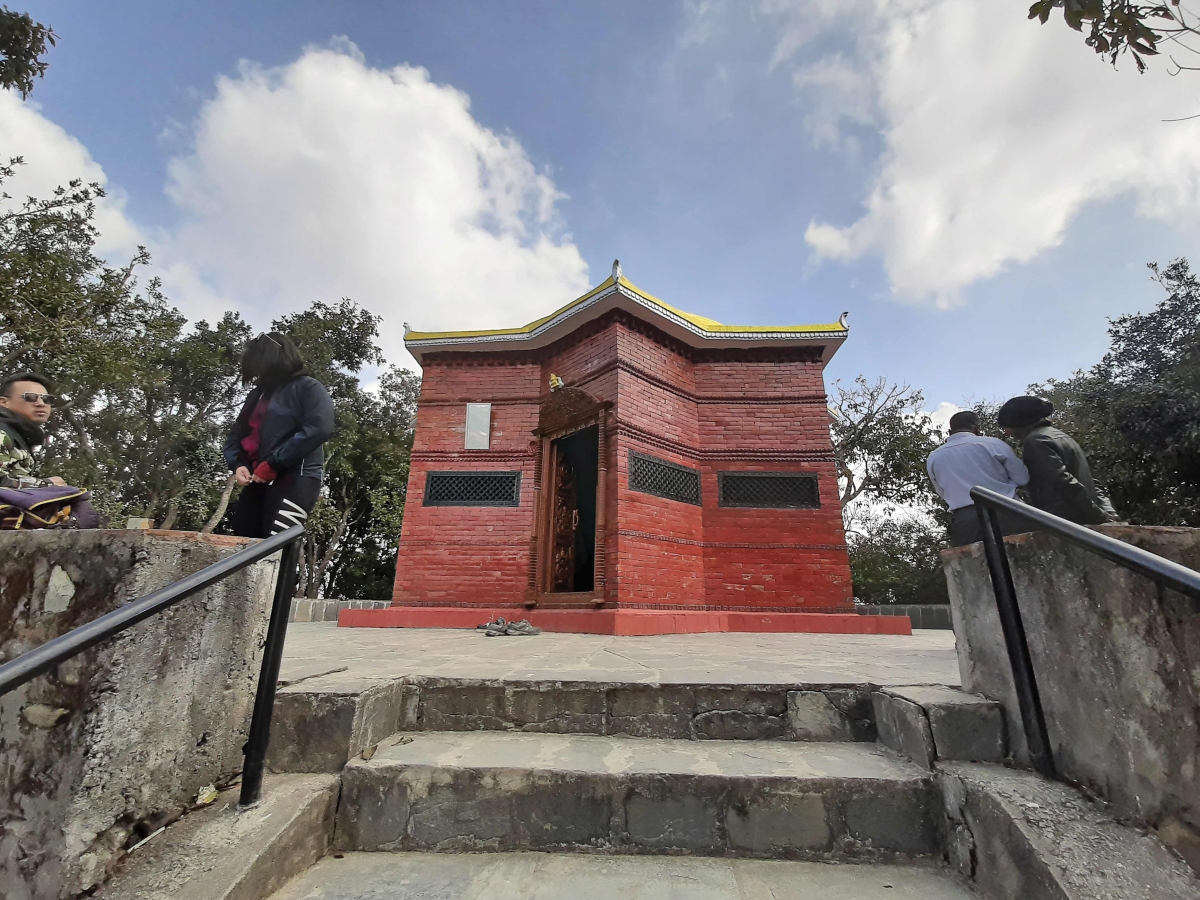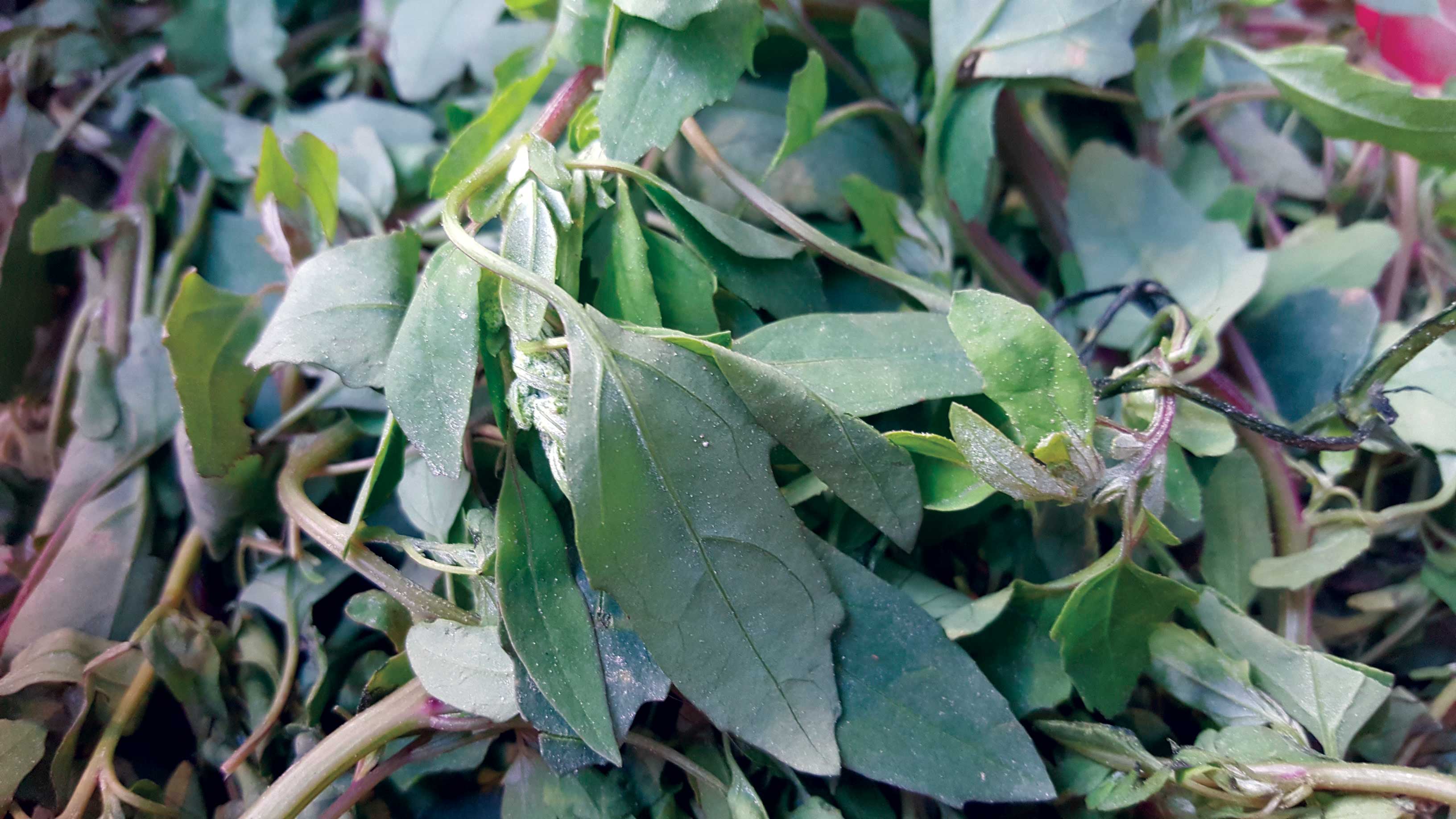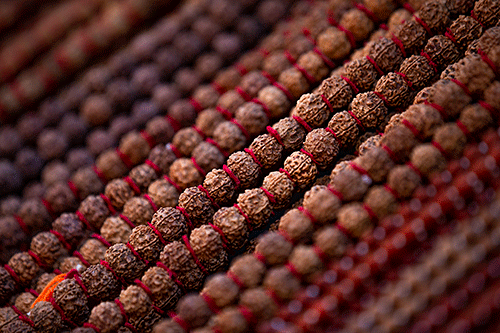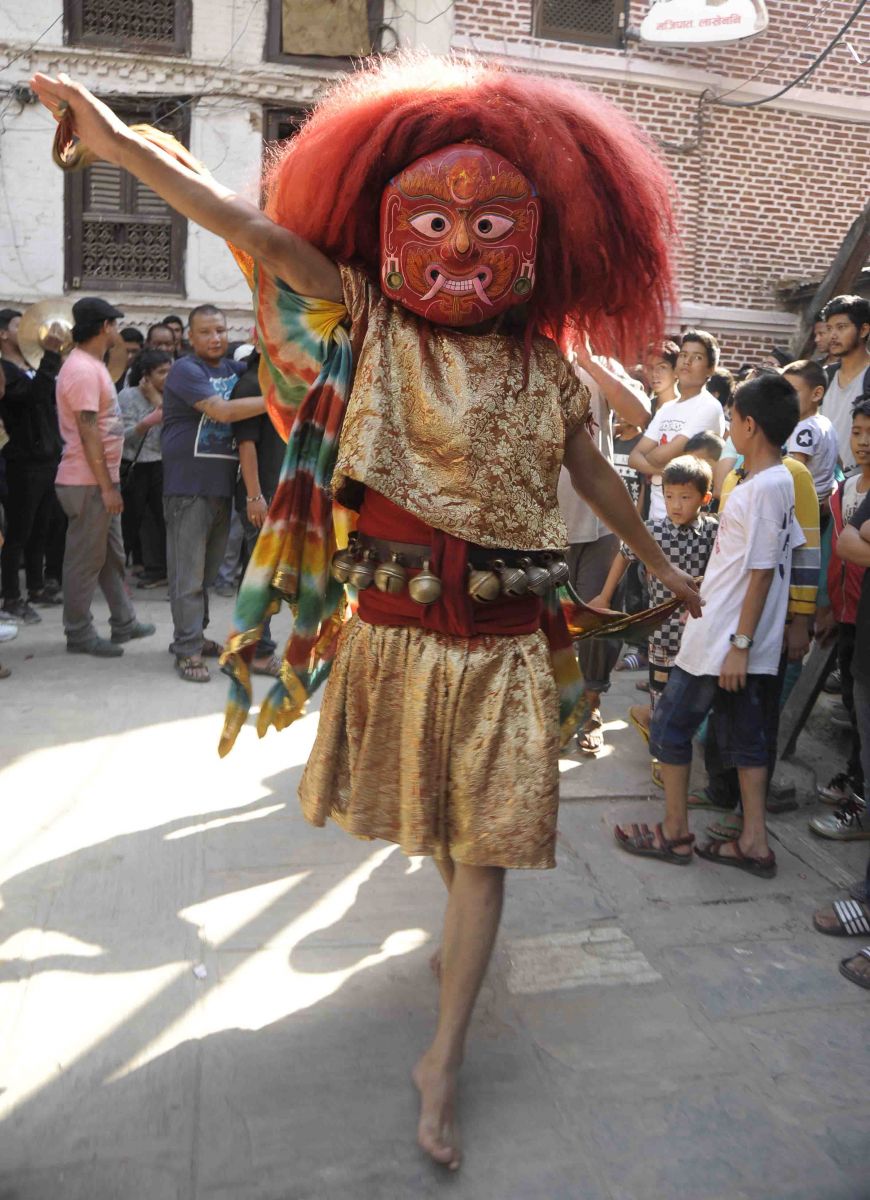
Majipa Lakhey Aaju, the Demon who Cares
In a land of myths and mystique, is it any wonder to find living goddesses and dancing demons?
A demon who is worshipped as God.
Lakhey is a demon, that is what we all believe, but very few know the real story. Lakhey, who is considered as a demon who eats humans and all, but who knew that he would be a loyal and trustworthy one? The inhabitants of the Kathmandu valley have always been obsessed with Indra Jatra, as they get to see Pulunkishi, Jhinta le shinta, Kumari, Bhelu, Ganesh, and Majipa Lakhey Aju. The last is a special kind of Lakhey who is worshipped as Calm Bhairab, and only comes out during Indra Jatra for eight days.
Kamokamakshya, Taleju, and the Lakheys
Several years ago, when kings ruled over Kantipurnagar (as Kathmandu was known then), all the Jyapus (Newar farmers) of Kantipurnagar were having trouble farming, because their corn plants grew without kernels inside, and when they grew paddy, there were no grains inside. Then, the people decided to worship Goddess Taleju, hoping that their problems would be solved. Five Jyapus and some Gurjus went to Kamokamakshya, vanquishing ghosts and demons that they faced when traveling through the jungle. They reached their destination at Kamokamakshya Cave, where resided Taleju. When they entered the cave, they saw numerous Lakheys fighting with each other; some were small, some tall, some huge, some tiny, and some, stronger than the rest.
The Gurjus had a special power that could make demons sleep with paddy grains, using some magical words. In the end, there was this huge, and the strongest and most dangerous, Majipa Lakhey standing right in front of the door, guarding the goddess. The powers of Gurju did not have any effect on the Majipa Lakhey, and he tried to kill them, so in fear, they called out to Goddess Taleju for help. She stopped him and let them in. She listened to their troubles and understood their situation. She said to them, “I can’t go with you, I have these many children to take care of, and if I leave this place, then they will go everywhere and destroy the country. I won’t be able to come, so if you take this kharga (sword) with you, establish it and worship it, then the crisis will end eventually.” She even asked Majipa Lakhey to go with them, so that he would protect them from other ghosts and demons. The goddess bound him with a promise to never harm any people. They all returned safely, with the Lakhey guarding them.
Lakhey in Kantipurnagar
After a few months, they started to trust the Lakhey. In the past, Kantipurnagar was a very small place, with Basantapur in the center, Bhadrakali to the east, Bishnumati in the west, Sorahkhutte to the north, and Teku in the south. The Kantipurnagar citizens did not allow the Lakhey inside, because they were scared of him, so they only took Taleju’s kharga with them, and left the Lakhey at the entrance. Slowly, everything went back to normal, but after a few months, the Lakhey started to cry every day. People started feeling bad for him. Even though he was a demon, they couldn’t let him cry every day and night, so they talked to the king about him.
The king accepted the proposal and went to talk to him. Upon the king’s asking, “Why are you crying?” the Lakhey replied, “I am all alone here; I want to live with the people, and I promise I won’t hurt anyone.” The king questioned him, “What will you eat if you don’t kill us?” The Lakhey answered that he would just eat meat and eggs. Originally, the Lakhey was not named until this point, so the king named him LAKHEY (in Newari language, la means meat, and khey means egg). He then started to live in the area, but the people were still afraid that he might eat them while they were sleeping, but Lakhey was very earnest towards the promise he made to Taleju and the king.
People anyway got so apprehensive that they sent a child to check if Lakhey would harm him or not. The child went slowly to Lakhey and teased him, and in return, Lakhey teased him back by chasing him away. The boy got scared and returned back to the people, but after sometime he went back to Lakhey again and teased him again as if he was enjoying this. Again, Lakhey teased him back by running after him. But, after a few more rounds of this, he got a bit irritated, and instinctively kicked the boy three times and left him. That is how the boy was named Jhyalincha, or to be more accurate, Jhyallimachha (in Newari language, machha means boy, and the word jhyalli was used because he kept teasing Lakhey). This is why, during the Lakhey dance, Lakhey kicks Jhyalinchha three times when it is caught.
Kumari’s guardian
The king used to play paasa (gambling) with Taleju, but one day, the king got drunk and started flirting and passing lines at the goddess. Taleju got offended by this, and threatened to leave the place unprotected. The king regretted what he had done and begged for forgiveness. The goddess kept a condition, saying, “If a girl or boy of Lagan bahal and Killagal bahal get married and have a girl, one of them, but only if she is a Shakya, will be a Kumari.” This is the tradition which is still going on, and will continue in the future. Even Lakhey was upset and wanted to leave with Goddess Taleju, but she ordered him to guard the Kumari and the kharga. Kumari Jatra is observed for eight days, so the Lakhey wakes up to protect Kumari and the kharga for eight days, and sleeps for the rest 357 days. This is how Yenya Puhni was started, and how Lakhey turned into Majipa Lakhey Aju (Calm Bhairav). Since then, this tradition has been going on. But, it is to be noted that there is no connection between Indra Jatra and Yenya Puhni; it is just a coincidence that they take place at the same time.
We can see so many different Lakheys in town. One of them is Laxman Ranjit, who has been Lakhey for eighteen years. Laxman Ranjit, a great warrior, a great Lakhey, a loving and caring father and husband, who has been very supportive for his son because he lost his wife in the April 2015 earthquake, and also, lost himself at that time. “Becoming Lakhey is something that is refreshing for me; it is my dream come true. I was very small and used to enjoy watching Lakhey dancing around, I was fascinated by it,” he said. “As a kid, I used to carry chirag (a ball of fire to lead the way for Lakhey) and that time there was a king ruling the country, so Lakhey and Pulunkishi were entered inside Hanuman Dhoka in a charity show, which used to be held at that time. But that time, a guy took the chirag from me to enter inside with Lakhey, and left alone, no one let me inside, so I cried a lot and I held a grudge to become the greatest Lakhey ever and prove myself to everyone,” he disclosed. He first became Lakhey at the age of sixteen. “I was very excited and had a passion for it, and I got so many compliments at my first performance, which encouraged me to do more in the future. Then on, every year, I became Lakhey, and felt like this is a part of me,” he said, adding, “When I put on the mask, there is some external energy that comes within me, which gives me strength. I don’t feel any pain while walking or running, though I can see and feel everything and know what I am doing. Some people think that I have some Lakhey spirit inside me, but sadly, it’s not true.”
Regaining meaning in life
Besides being a Lakhey, he is a police officer and a weightlifter, too. But after the tragic incident of April 23, 2015, he has been struggling to move back into his life again. “In 2015, I lost something precious, something important. Then, I lost my mother in 2016; it was really hard for me to handle these things,” he continued. “I fell in love with Neelu, my wife, ever since my childhood; we fell in love while teasing and playing with each other. We got married for eleven years, then I lost her forever in person, but she was, is, and always will be in my heart forever.”
He had tears in his eyes while talking about his wife, which showed how much he loved her. “I have a son named Aryan, who is ten years old and also a Jhyalincha; he is the one who made me live again, because after the incident I was hopeless and felt like I had lost everything, but my son stayed strong beside me, which made me stay strong and live again for him,” said Laxman. “I am proud that I have been, and always will be, the greatest Lakhey, which I always wanted to be, and I am proud to serve the country by saving our culture.”


